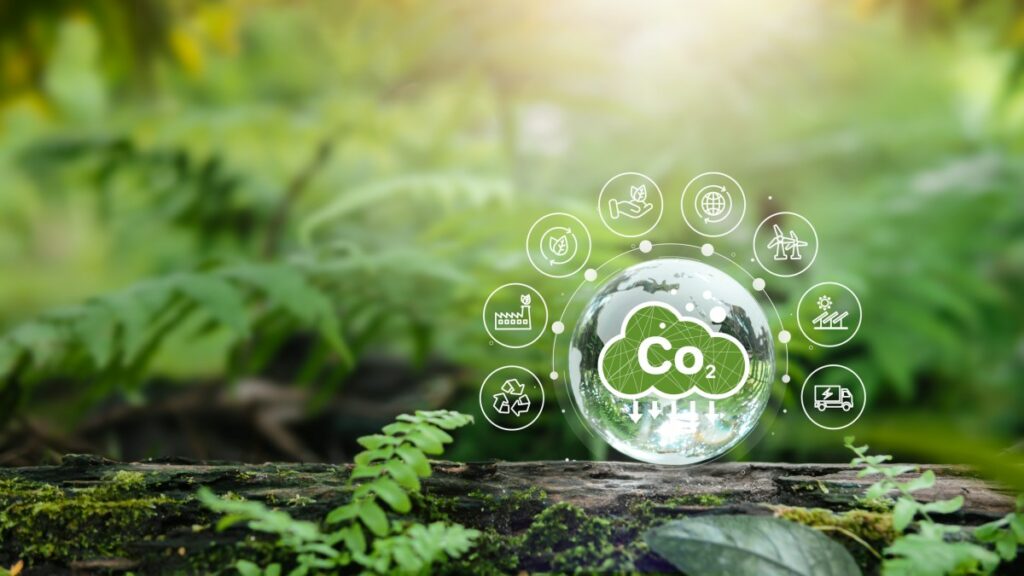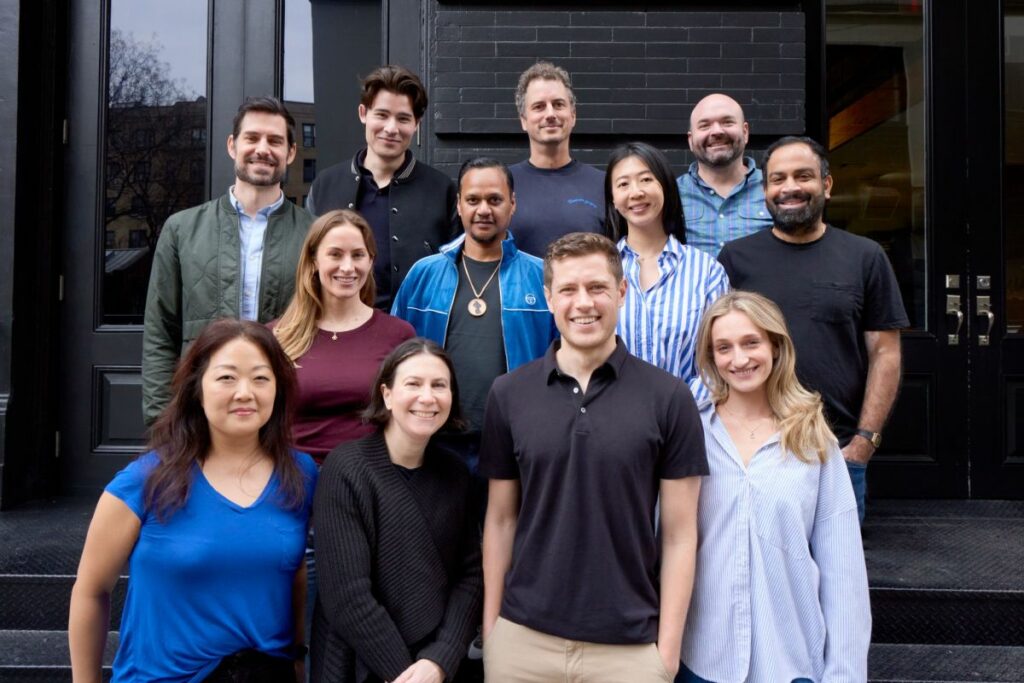Samsara Eco makes and sells fossil-free polymer resins. These resins can be integrated into supply chains and potentially replace plastic packaging and textile products with more sustainable alternatives.
The Australian startup made a significant stride on Wednesday, securing an additional $65 million in all equity ($100 million AUD). The round was co-led by Temasek and Australian deep tech investment fund Main Sequence. This investment, which also saw the participation of new and existing backers, including DCVC, Hitachi Venture, Lululemon, Titanium Ventures and Wollemi Capital, brings Samsara’s total raised to $105 million ($164 million AUD) since its 2020 founding.
A lot has changed since its last raise in 2022, CEO and founder of Samsara Paul Riley told TechCrunch. “We’ve continued to build out our library of enzymes and now have the ability to recycle the notoriously difficult nylon 6,6 along with polyester and nylon 6,” Riley said. “We formed a partnership with Lululemon and saw our first product [made from enzymatically recycled polyester] launch in the market earlier this year.”
Nylon 6,6, also known as nylon 66, is a synthetic polymer commonly used in the textile and plastic industries.
Samsara’s Jerrabomberra, New South Wales facilities are currently under construction. Riley explains that the space will provide services to potential clients, such as global brands, to partner, test and create with Samsara Eco. In addition, the outfit has ambitious plans to expand its team in North America and open its first facility on the continent. The new capital will also be used to bring additional facilities to Southeast Asia in the next few years, where many manufacturing brands base their operations. “Creating pathways to broader commercialization on a global scale is our focus,” Riley told TechCrunch.
Lululemon, meanwhile, represents Samsara’s first textile partner.
“With the [Lululemon’s] products, we’ve made major progress for the future of sustainable fashion and circularity and have done so with a lower carbon footprint,” Riley said. “That’s what makes our process unique; we not only deliver on circularity but also carbon. The ability to recycle nylon 6,6 and polyester shows the potential to give clothes an infinite life and with it, ensure they never end up in landfills again.”
The four-year-old startup says it is seeing strong demand from the apparel and consumer packaged goods industry. Its technology is applicable to other sectors, Riley said, adding that the company plans to enter the automotive and electronics sectors next.
Samsara was founded in 2020 in collaboration with the Australian National University (ANU), Woolworths (an Australian supermarket and grocery store) and Main Sequence Ventures to develop a biological catalyst (enzyme) to create a new approach to recycling. Since then, Samsara has been focusing on scaling its family of enzymes for plastic recycling.
This approach will allow people to divert plastic from landfills and oceans, according to the company.
“The issue around conventional plastic recycling is that the plastic degrades over time, or it ends up being converted into other products that don’t depend on the structural integrity of its original form,” Riley said. “For example, when you see clothes with a recycled tag on them, most of the time you see a product made from recycled packaging, like plastic bottles. It’s not recycling, it’s delayed landfill.”
Some alternate approaches, like chemical recycling, are also bad for the environment, according to the CEO. While they can recycle plastics, the process is often carbon-intensive, using heat and leaching chemicals, which is potentially worse than creating plastics from fossil fuels, he explained.
What sets Samsara’s patented recycling technology EosEco apart from conventional recycling is its ability to reduce the end-to-end recycling time. Operating at a lower temperature and pressure, it significantly cuts down on energy, heat and carbon emissions, achieving a Life Cycle Assessment (LCA) well below the carbon footprint of fossil fuel-derived virgin plastics.
“We’re also well ahead in terms of our ability to recycle a range of plastics, including mixed and colored polymers,” Riley said. “We are continuing to build out our enzyme library to recycle more plastics at scale in the future. If we get it right, our technology will be used to recycle 1.5 million tonnes of plastic per annum by 2030, saving millions of tonnes of carbon entering our planet.”
The latest funding comes about one-and-a-half years after the startup raised its roughly $34.7 million Series A ($54 million AUD),” Riley said. Samsara did not provide its valuation.
The outfit has a team of 60 staff across Australia and North America, with plans to expand headcount in North America and Singapore to 90 by the end of 2025.
This article has been updated with the total raised funding figure due to the miscalculation from the company side.


